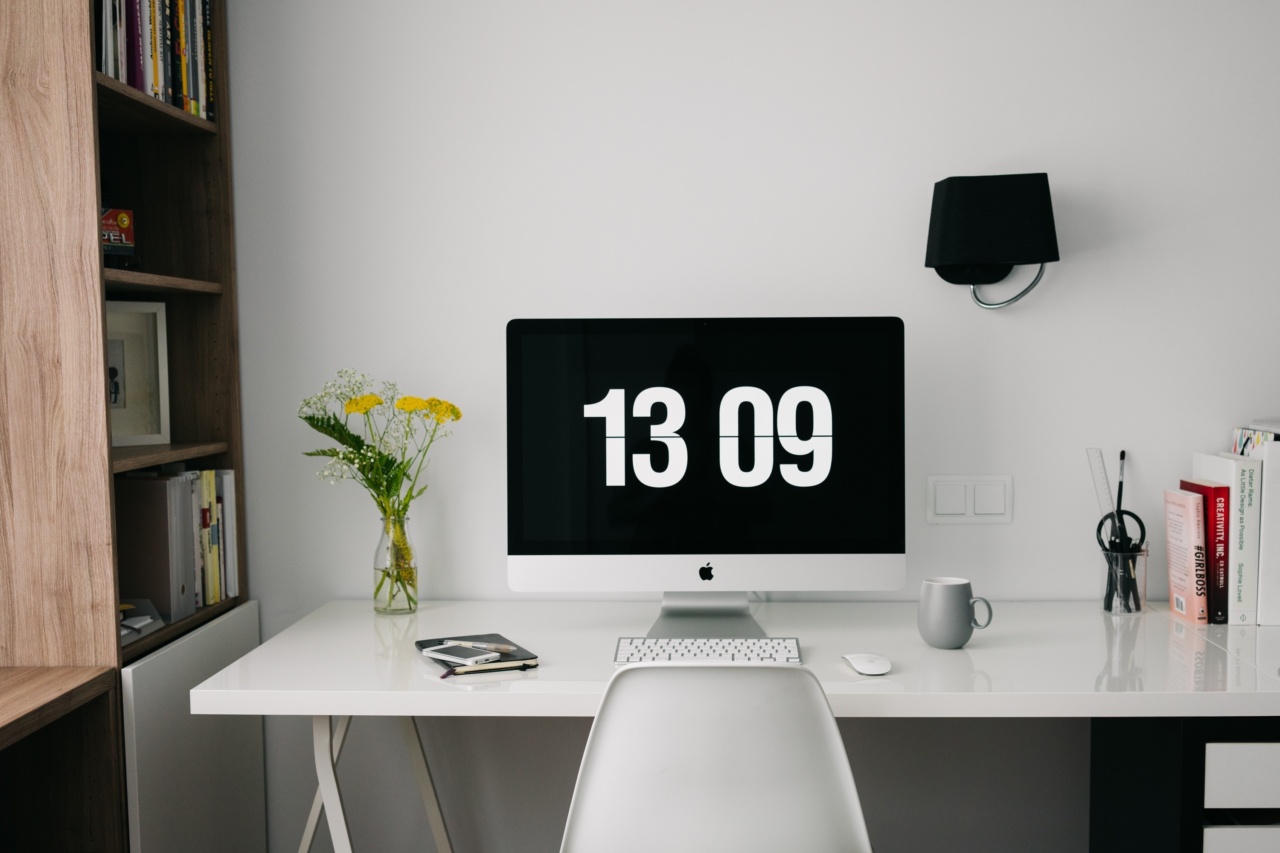In today’s digital age, screens are a ubiquitous part of everyday life. From smartphones to laptops, many people spend several hours per day staring at screens.
While technology has improved our lives in many ways, it has also raised concerns about the impact of screen time on academic performance. In this article, we will explore the connection between screen time and academic success and discuss ways to minimize negative effects on academic performance.
Understanding Screen Time and Its Effects
Screen time refers to the amount of time spent in front of a digital device, such as a smartphone, tablet, or computer.
While screens can provide access to information and help users stay connected with others, excessive screen time has been linked to a variety of negative outcomes. According to a study by Common Sense Media, children between the ages of 8 and 12 spend an average of 6 hours per day using screens, while teenagers spend nearly 9 hours per day.
Here are some ways that excessive screen time can impact academic performance:.
Reduced Sleep Time
Studies have shown that excessive screen time can disrupt sleep patterns. Using screens before bed can make it harder to fall asleep and stay asleep, which may result in tiredness during the day and difficulty concentrating in class.
Inactivity
Screen time is often associated with sedentary behavior, which can have negative effects on physical health.
Children who spend more time using screens may have a harder time focusing in class and may be more likely to have behavioral issues that negatively impact academic performance.
Distractions
Using screens during study time can be a major distraction. Social media notifications, text messages, and other distractions can make it difficult to stay focused on academic work and can lead to lower grades.
Eyestrain and Vision Problems
Another concern associated with excessive screen time is eyestrain and vision problems. Prolonged screen use can cause eye discomfort, fatigue, and dryness.
These symptoms may make it harder to focus on academic material and could lead to a decline in academic performance.
Factors That Influence the Impact of Screen Time on Academic Performance
While excessive screen time can have negative effects on academic performance, there are several factors that influence the extent to which screens impact academic outcomes. Some of these factors include:.
Content of Screen Time
The content viewed on screens can impact academic performance. For example, educational videos or games can provide a boost to academic skills, while violent or sexually explicit content can have negative effects on young people.
Age
The age of the screen user can also play a role in how screens impact academic outcomes. Younger children may be more susceptible to the negative effects of screen time, while older students may be better equipped to handle digital distractions.
Family and Home Environment
The family and home environment can also impact the effects of screen time on academic performance.
Children who have supportive home environments with plenty of structure and guidance may be less susceptible to the negative influence of screens than those who do not.
Ways to Minimize Negative Effects of Screen Time on Academic Performance
While screens are a part of modern life, there are several ways that parents and educators can minimize the negative effects of screen time on academic performance. Here are some strategies:.
Set Screen Time Limits and Boundaries
Parents can set clear screen time limits and boundaries to help children prioritize academic work and avoid digital distractions during study time.
They can also create media-free zones in the home, such as the dinner table or the bedroom, to promote healthy habits and reduce screen time.
Choose High-Quality Screen Content
Choosing high-quality screen content, such as educational videos or games, can provide a boost to academic skills and reduce the negative effects of screen time on academic performance.
Parents can also review content before allowing their children to view it to ensure that it is age-appropriate and safe.
Promote Physical Activity
Encouraging physical activity can help reduce the negative effects of screen time on academic performance.
Parents can encourage their children to engage in physical activity, such as sports or outdoor play, to promote healthy habits and reduce sedentary behavior.
Encourage Good Sleep Habits
Good sleep habits are critical to academic success. Parents can help their children establish healthy sleep patterns by setting consistent bedtimes and minimizing screen time before bed.
Conclusion
While screens are a part of modern life, excessive screen time can have negative effects on academic performance.
By understanding the factors that influence the effects of screen time and implementing strategies to minimize negative impacts, parents and educators can help their children achieve academic success in a digital age.






























